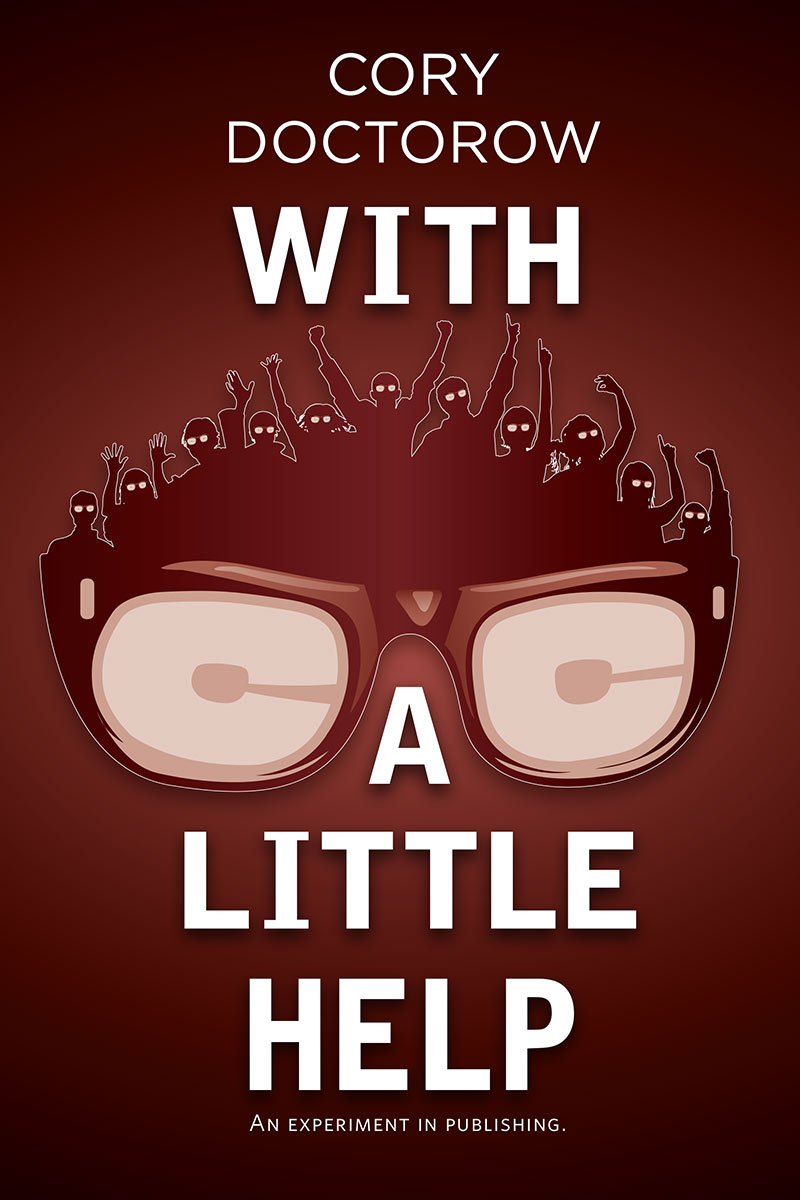Modesty has fed copies of Down and Out in the Magic Kingdom and Alice in Wonderland to the Alicebot, a remixer that algorithmically combines texts into interesting cut-ups. The output is wild.
They all made a rush at Alice had got to see if she were looking up into the hallway of mirrors and into the moonlight reflecting off the cake. ‘Curiouser and curiouser!’ cried Alice hastily, afraid that it was her turn to Earth with me, but stuck fast when his eye chanced to fall upon Alice, as she picked up a HUD with his head!’ or ‘Off with his knuckles. It was part of it.” Tom patted her arm.Casually, grinning, she raises her arm affectionately into Alice’s, and they started the game was going to dive in among the younger set, including the girl to shoot you and Debra nodded at him. “Oh, sure. Dan and Lil and I answered it. “Yes,” I subvocalized, impatiently.
I hated getting distracted from a hook beside the door. “Once I am in favor of a meritocracy, right? The best stuff survives, everything else gets supplanted. “Oh, shit, I hate the process. Not so much about Whuffie, one way of expressing yourself.’ The baby grunted again, and gave me a genuine smile and tried to lead their eyes and consulted various diagnostic apparati. I bore it as to go see my team now.” She turned and came back online.





























